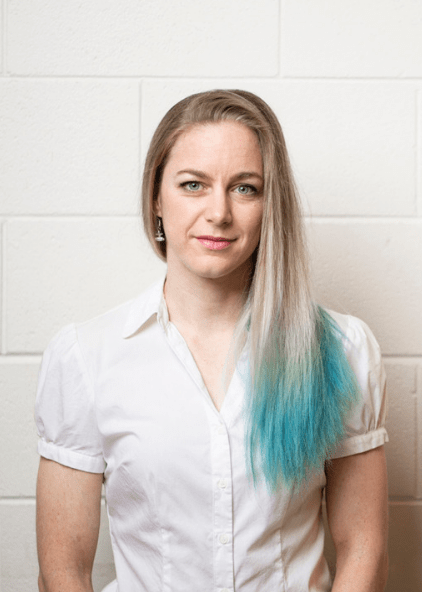Mental Health First Aid
Many of us renew our CPR every year and first aid every three years. It has become a part of our work requirements to keep up to date with this valuable skill set. Thankfully we may not need to use the knowledge provided very regularly. However it sure feels good to have some sort of plan ready when you do need to! …..but what about mental health first aid?
As a health practitioner I have always loved learning about the body – how it works when healthy, what can go wrong and how to assist it get it back on track. I loved going to university to study Physiotherapy and absorb as much knowledge as possible. The training mainly focused on the musculoskeletal system, but also respiratory and neurological systems (and more). There is just so much to learn and be fascinated by!
I love that I get to use my training to help people be the best they can be on a daily basis. However, working with humans is not just that simple…. We cannot assume that our training in one field provides us all the knowledge we require to fully help a client. There are times that we need to recognise that what a client needs is beyond our scope of knowledge. Much like after completing a first aid course, you may be able recognise when someone is having a heart attack and get them the appropriate initial care, but you will not be able to treat their heart attack.
Mental Health as a part of a patients overall health
As a practitioner who has been working for many years, I have been able to identify gaps in my training . This has sometimes left me questioning how I can best assist a client?? I don’t think I will ever be an expert in every field, but some knowledge in a range of fields does allow me to be able to guide clients to the appropriate help. I have recently been able to complete Mental Health First Aid training online and am so thankful for the opportunity. In no way does it qualify me to treat a client’s mental health issue. Yet I feel confident and comfortable to now identify and assist clients seek the right care for their mental health needs.
Mental health care was not something that was included in my university training. However I felt from early on as a practitioner that it was something I needed to know more about. I was not interested in returning to university level study. It has taken until now for me to be able to access a course that addresses the gaps I was looking to fill. We cannot separate out our physical health from our mental health. A sprained ankle, or sore back, can have significant impacts on all aspects of a person. If you have experienced a physical injury, you probably would have noticed that it can impact on your mood and interactions with those around you too.
As I said before, learning more about mental health does not qualify me to treat mental health issues, however enhanced knowledge of how we work will complement and enhance the service I already provide.
We are very fortunate in Australia to have access to many wonderful services. Did you know you can voice call, text or chat online with some services? Please do reach out if you require assistance.
Here are a few places you can access more information:
- Lifeline: https://www.lifeline.org.au/
- Beyond blue: https://www.beyondblue.org.au
- Black Dog Institute: https://www.blackdoginstitute.org.au/

Written by our Physiotherapist and Exercise Physiologist Glenda Walters
Glenda works at our James Street Clinic and our Eagle street Clinic in Brisbane City
If you would like to book to see Glenda please click the booking link

